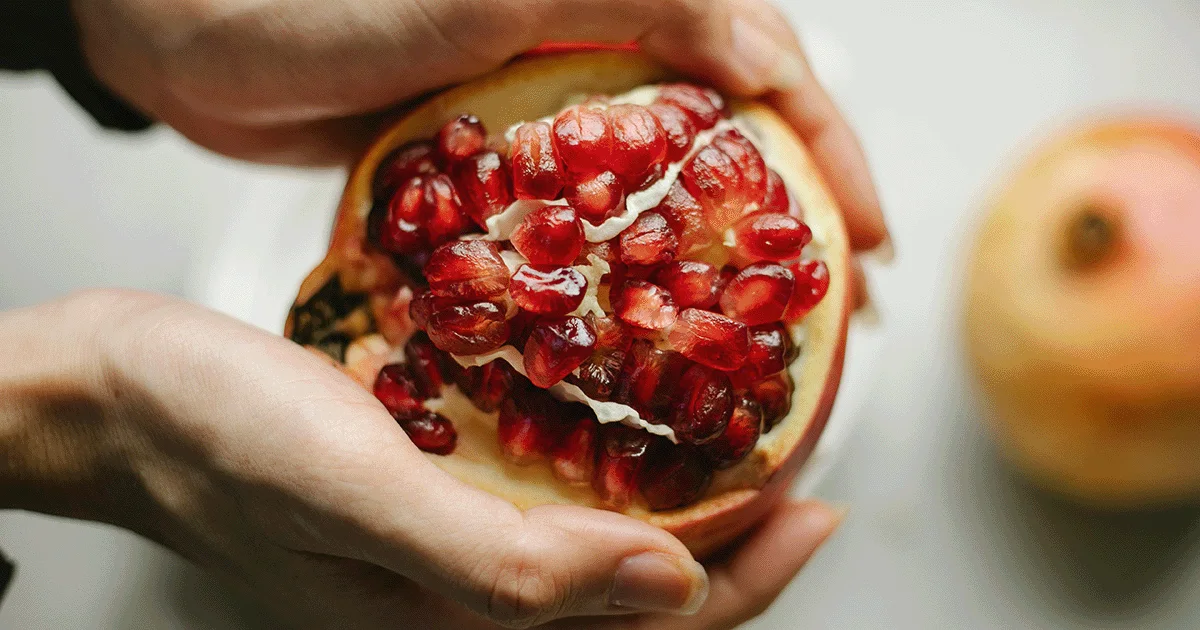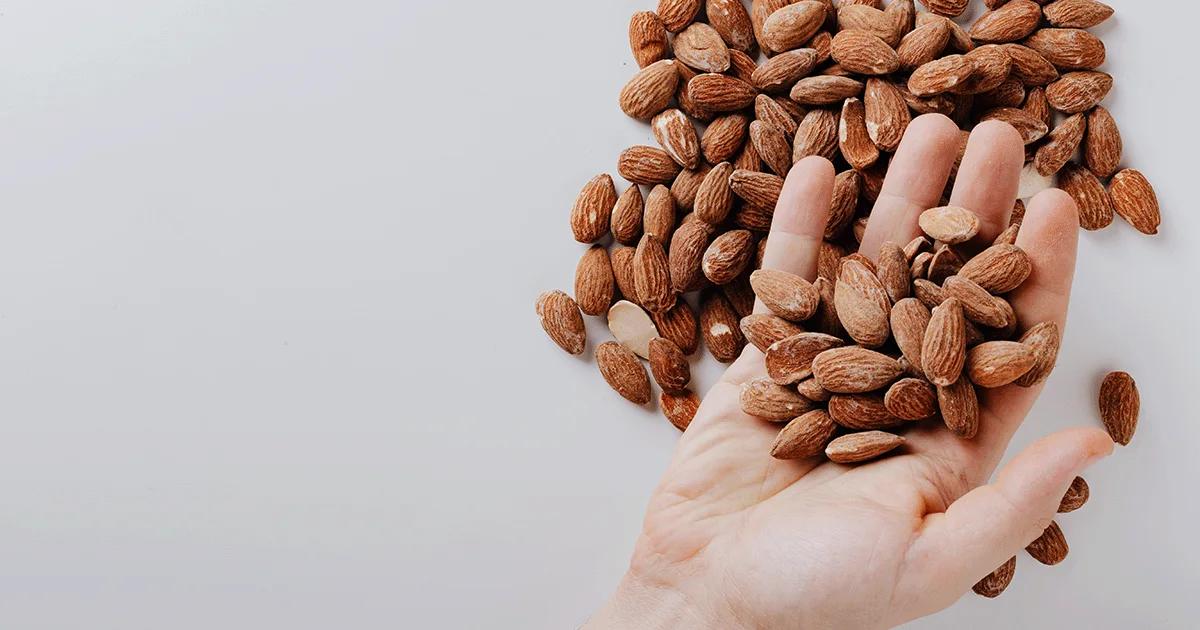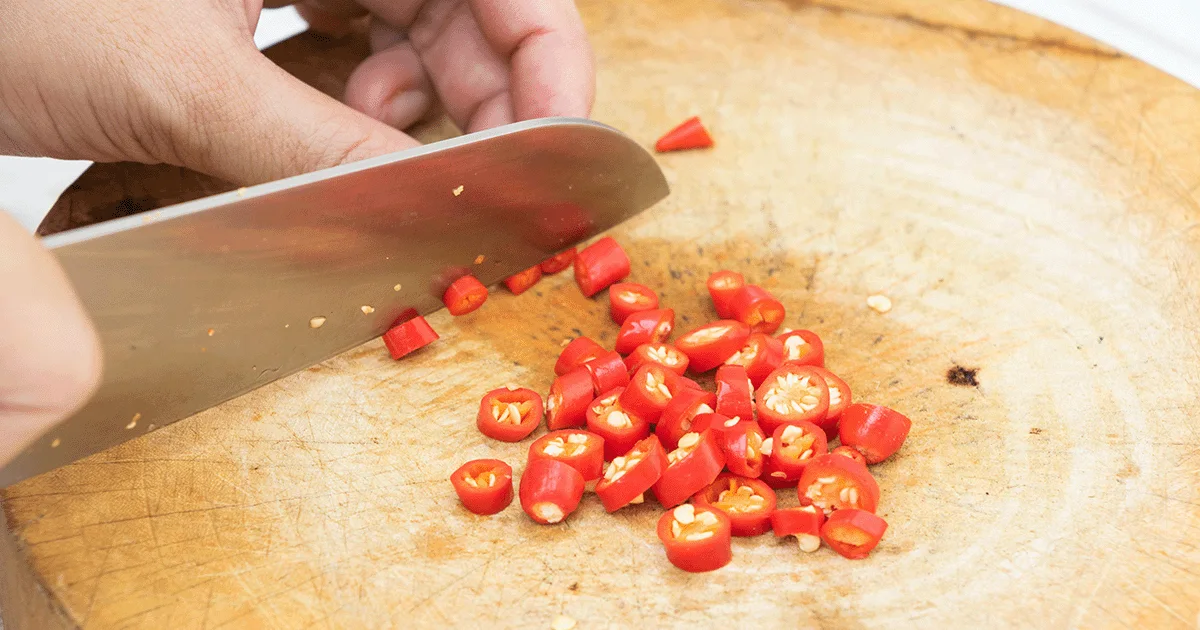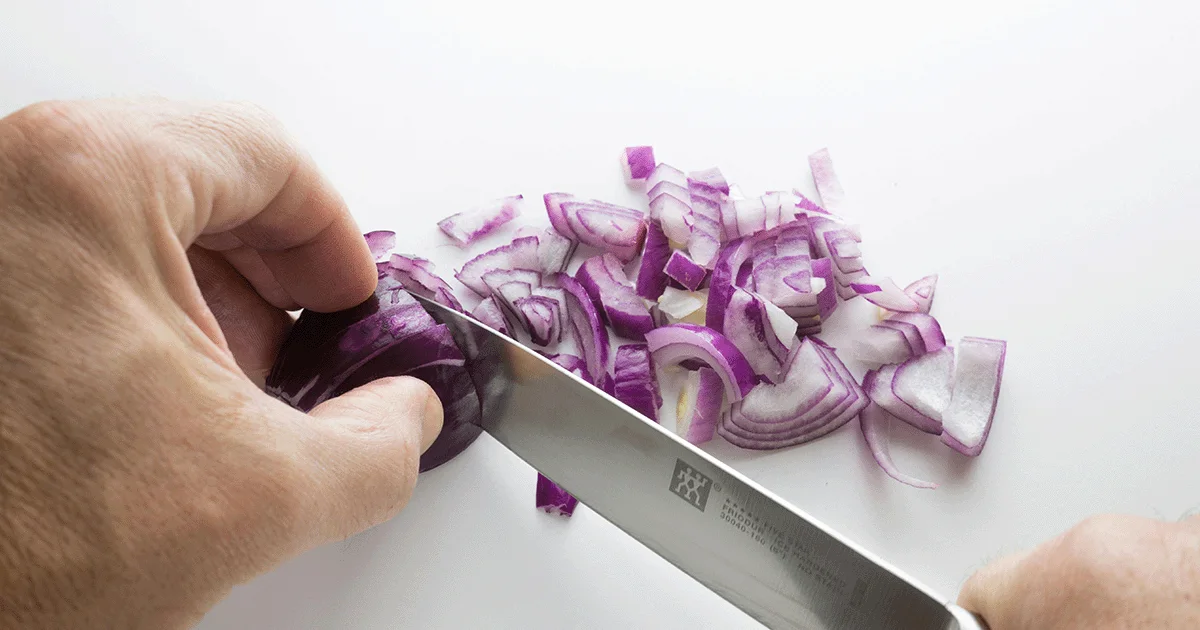Here's what we'll cover
Here's what we'll cover
The vagina is an incredible self-cleaning part of the body. However, despite its ability to clean itself, many women still choose to douche—or squirt water into their vaginas in hopes of “cleaning” them. And although vaginal douching is fairly common, many healthcare providers do not recommend it as it has substantial health risks. (This should not be confused with anal douching, which is something different and doesn’t have the same risks.)
In this article, we’ll discuss what douching is, when it’s risky, and some safer alternatives that you can try.
What is douching?
Douching usually refers to washing the inside of a vagina. It’s often done with water or a vaginal “cleaning” product. There is a range of commercial douching products sold in stores, and they often contain vinegar, baking soda, fragrances, and even iodine.
Although people often douche with the idea that it will “clean” their vagina, douching is actually not a good way to clean the area. In fact, public health experts discourage it because it carries a lot of health risks. It can even make vaginal odor and vaginal discharge worse, defeating many people’s goal of douching in the first place (Yanikkerem, 2016).
Sometimes women douche after sex with the idea that it will prevent pregnancy or sexually transmitted infections (STIs). However, this is incorrect. Douching is not contraception, will not prevent pregnancy, and should not be used as a birth control method. It will also not prevent STIs (Martino, 2002).
Anal douching vs. vaginal douching
Anal douching is another kind of douching and isn’t as problematic as vaginal douching is. It’s a common way that people prepare for anal sex, and while it may carry some risks, it can be done safely and effectively.
(It may be helpful to point out that douching and a bidet aren’t the same thing. A bidet is an alternative to toilet paper. It’s a special bathroom tool—either its own fixture or an attachment to a toilet—that sends a gentle stream of water to clean the outside of your perineum after you poop. Douching is water squirted directly into a vagina or rectum.)
How does douching work?
Vaginal douching is done with a bottle or bag squirted directly into the vagina. The water flows back out, carrying out normal vaginal bacteria (flora) along with any fluids in the vagina.
Anal douching involves squirting water or a saline solution into the rectum using the lubricated tip of a squeeze bottle or bag, holding the fluid in the rectum for a few seconds, then pushing it gently out.
Douching for anal sex
Anal douching usually uses a small refillable squeeze bottle (called an enema bulb) filled with water or a commercially-prepared saline solution that comes with a pre-lubricated tip (called a Fleet enema). You can also do it using an old-fashioned enema bag attached to a long flexible hose, which is sold in stores.
It’s important to remember that rectal tissue is actually pretty delicate, and it’s easy to create small tears in the skin if the tip of the squeeze bottle or bag isn’t well lubricated. The rectum also doesn’t produce any of its own lubrication, so it’s better not to use soap or cleaners in the douching fluid since it can dry out the skin. Water or a simple saline solution are both effective for anal douching and are safer choices.
Is douching safe?
Short answer: vaginal douching is not considered safe; anal douching is probably safe.
The dangers of vaginal douching have been documented since the 1980s, yet many women unfortunately still feel they need to douche (Jenkins, 2021). It may be because they have family or friends who douche—but this doesn’t make it a safe or good idea (more on its risks below).
Anal douching is probably safe if done appropriately. It shouldn’t cause pain or bleeding. The basic risks of anal douching are that you damage your rectum if you use an inadequately-lubricated bulb tip, aren’t gentle enough with inserting it, or squirt too much fluid too quickly into your rectum (Carballo-Diéguez, 2018).
Theoretically, the risk of this creating small tears in the rectum could increase the chance of getting an STI, and some research suggests an association between people who practice anal douching and people who have higher rates of STIs and HIV. However, the evidence isn’t conclusive and doesn’t prove that one causes the other (Carballo-Diéguez, 2018; Li, 2019).
Fortunately, you can decrease the possibility of skin tears by using your douching equipment sensibly and gently and according to manufacturer instructions.
Risks of vaginal douching
Vaginal douching is risky for a number of reasons.
It changes the vagina’s pH and disrupts the normal balance of vaginal flora, which can cause infections and create strong odors and more discharge. It can also cause vaginal irritation and pregnancy problems, and it may even temporarily mask a genuine health problem which may get significantly worse by the time you seek care for it (Martino, 2002; Yanikkerem, 2016).
Infections (including STIs)
Yeast infections and bacterial vaginosis (BV) are two vaginal infections that douching can cause or worsen. It can even put you at higher risk of an STI like gonorrhea, chlamydia, or HIV (Yıldırım, 2020).
What’s even more concerning is that douching can harm your reproductive health by forcing bad bacteria from infections further up your reproductive system (through your cervix and into your uterus, for example) and cause deeper infections like pelvic inflammatory disease (PID) and endometritis. These can cause not only pain but also infertility (Cottrell, 2010).
Vaginal irritation and painful sex
The vagina naturally maintains the perfect balance of fluids and good bacteria. This healthy balance helps to maintain natural lubrication in the vagina, which helps keep sex comfortable and pleasurable. However, if this natural lubrication is washed or dried out with cleaning products, there is an increased risk of vaginal dryness and irritation, which can result in painful sex and soreness after sex (Yanikkerem, 2016).
Pregnancy issues
If you’re pregnant, douching can be very risky for both your health and the baby’s. The infections it causes can prompt preterm birth (the baby being born dangerously early). It can also increase your risk of ectopic pregnancy, where an embryo will not implant into your uterus like it should but in places like your ovaries or fallopian tubes instead (Tsai, 2009).
If not taken care of promptly by a healthcare provider, ectopic pregnancies will rupture and can cause life-threatening bleeding and infertility.
What to do instead of douching
Remember that a clean, healthy vagina has a natural odor and discharge (also called cervical mucus) that changes in consistency throughout the month. This is completely normal and is not something you should feel embarrassed about. If a person has excessive odors or discharge, chances are there is an underlying medical condition like a vaginal infection which is causing it—and douching won’t fix that. In fact, it can make it worse by getting rid of good bacteria and causing an overgrowth of bad bacteria (Jenkins, 2021).
So, how do you take care of your vagina? Let your body handle cleaning the inside and focus more on the outside.
Let the inside of your vagina take care of itself
The vagina is an incredible thing; unless you have a health issue, it already has a perfect self-cleaning system: vaginal secretions (what you usually see as vaginal discharge) continually flush out things like dead cells, semen, and menstrual blood. Your vagina also has a slightly acidic pH, which helps suppress bad bacteria that would cause infection (Hildebrand, 2021). There is no need for you to do anything to clean the inside, even during your period or after sex.
Clean the outside of your vagina safely
It’s a great and healthy idea to keep the outside of your vagina clean, especially after sex or during your period. You can do this in the shower or bath with mild soap or just plain water. Use a hand to gently clean the outer folds of your vagina, and rinse with warm water.
If you shower regularly and wear clean clothes, this should be plenty to keep your vagina clean, hygienic, and healthy-smelling.
Wear clean underwear and avoid scented sprays and powders
An important way to keep your vagina clean is to wear clean underwear. This helps avoid built-up sweat and bacteria from getting trapped against your skin for too long, which itself can cause things like excess odor and yeast infections.
It’s also a good idea to avoid scented vaginal sprays and powders. Again, a healthy and clean vagina should have a slight odor and some discharge. Using scented products to mask this can be irritating to such delicate skin and can hide unusual odors that may be your warning sign to see your healthcare provider.
When to see your healthcare provider
Keeping your vagina clean without douching is an important way of keeping track of your vaginal health.
Continually noticing a strong odor (especially if it’s fishy) can be a sign of an infection you should see a provider for (versus trying to douche to get rid of the smell). The same goes for ongoing, copious discharge, discharge that has a chunky consistency, or unusual bloody discharge.
General discomfort, like itching, irritation, as well as pain with sex are all signs you should see a healthcare provider, too. They can be a result of douching, or they can be a sign of an STI or health condition that a provider can help you with.
Douching and vaginal health can be uncomfortable topics for people to discuss or ask questions about. Rest assured that these issues are common for many people and that it’s best to make sure you have good and accurate information. While anal douching is reasonably safe, vaginal douching isn’t, even if people that you know do it.
Fortunately, by showering regularly—and not douching—the vagina can keep itself clean and healthy, and still has a way of letting you know if you need to seek medical care.
DISCLAIMER
If you have any medical questions or concerns, please talk to your healthcare provider. The articles on Health Guide are underpinned by peer-reviewed research and information drawn from medical societies and governmental agencies. However, they are not a substitute for professional medical advice, diagnosis, or treatment.
Carballo-Diéguez, A., Lentz, C., Giguere, R. et al . (2018). Rectal douching associated with receptive anal intercourse: A literature review. AIDS and Behavior, 22 , 1288–1294. doi: 10.1007/s10461-017-1959-3. Retrieved from https://www.ncbi.nlm.nih.gov/pmc/articles/PMC5878987/pdf/nihms917516.pdf
Cottrell, B. H. (2010). An updated review of evidence to discourage douching. MCN: The American Journal of Maternal/Child Nursing , 35 (2), 102-107. doi: 10.1097/NMC.0b013e3181cae9da. Retrieved from https://journals.lww.com/mcnjournal/Abstract/2010/03000/An_Updated_Review_of_of_Evidence_to_Discourage.8.aspx
Hildebrand, J. P. & Kansagor, A. T. (2021). Vaginitis. [Updated Nov 21, 2021]. In: StatPearls [Internet]. Retrieved from https://www.ncbi.nlm.nih.gov/books/NBK470302/
Jenkins, A., Money, D., & O'Doherty, K.C. (2021). Is the vaginal cleansing product industry causing harm to women? Expert Review of Anti-infective Therapy, 19 (3), 267-269. doi: 10.1080/14787210.2020.1822166. Retrieved from https://www.tandfonline.com/doi/full/10.1080/14787210.2020.1822166?src=recsys
Li, P., Yuan, T., Fitzpatrick, T., Smith, K., Zhao, J., Wu, G., et. al. (2019). Association between rectal douching and HIV and other sexually transmitted infections among men who have sex with men: a systematic review and meta-analysis. Sexually Transmitted Infections , 95 (6), 428-436. doi: 10.1136/sextrans-2019-053964. Retrieved from https://sti.bmj.com/content/95/6/428.abstract
Martino, J. L. & Vermund, S. H. (2002). Vaginal douching: evidence for risks or benefits to women's health. Epidemiologic Reviews , 24 (2), 109–124. doi: 10.1093/epirev/mxf004. Retrieved from https://www.ncbi.nlm.nih.gov/pmc/articles/PMC2567125/
Tsai, C. S., Shepherd, B. E., & Vermund, S. H. (2009). Does douching increase risk for sexually transmitted infections? A prospective study in high-risk adolescents. American Journal of Obstetrics and Gynecology , 200 (1), 38-e1. doi: 10.1016/j.ajog.2008.06.026. Retrieved from https://www.ncbi.nlm.nih.gov/pmc/articles/PMC3199592/
Yanikkerem, E. & Yasayan, A. (2016). Vaginal douching practice: Frequency, associated factors and relationship with vulvovaginal symptoms. Journal of Pakistan Medical Association, 66 (4), 387-392. Retrieved from https://www.jpma.org.pk/PdfDownload/7687.pdf
Yıldırım, R., Vural, G., & Koçoğlu, E. (2020). Effect of vaginal douching on vaginal flora and genital infection. Journal of the Turkish German Gynecological Association , 21 (1), 29–34. doi: 10.4274/jtgga.galenos.2019.2018.0133. Retrieved from https://www.ncbi.nlm.nih.gov/pmc/articles/PMC7075398/










